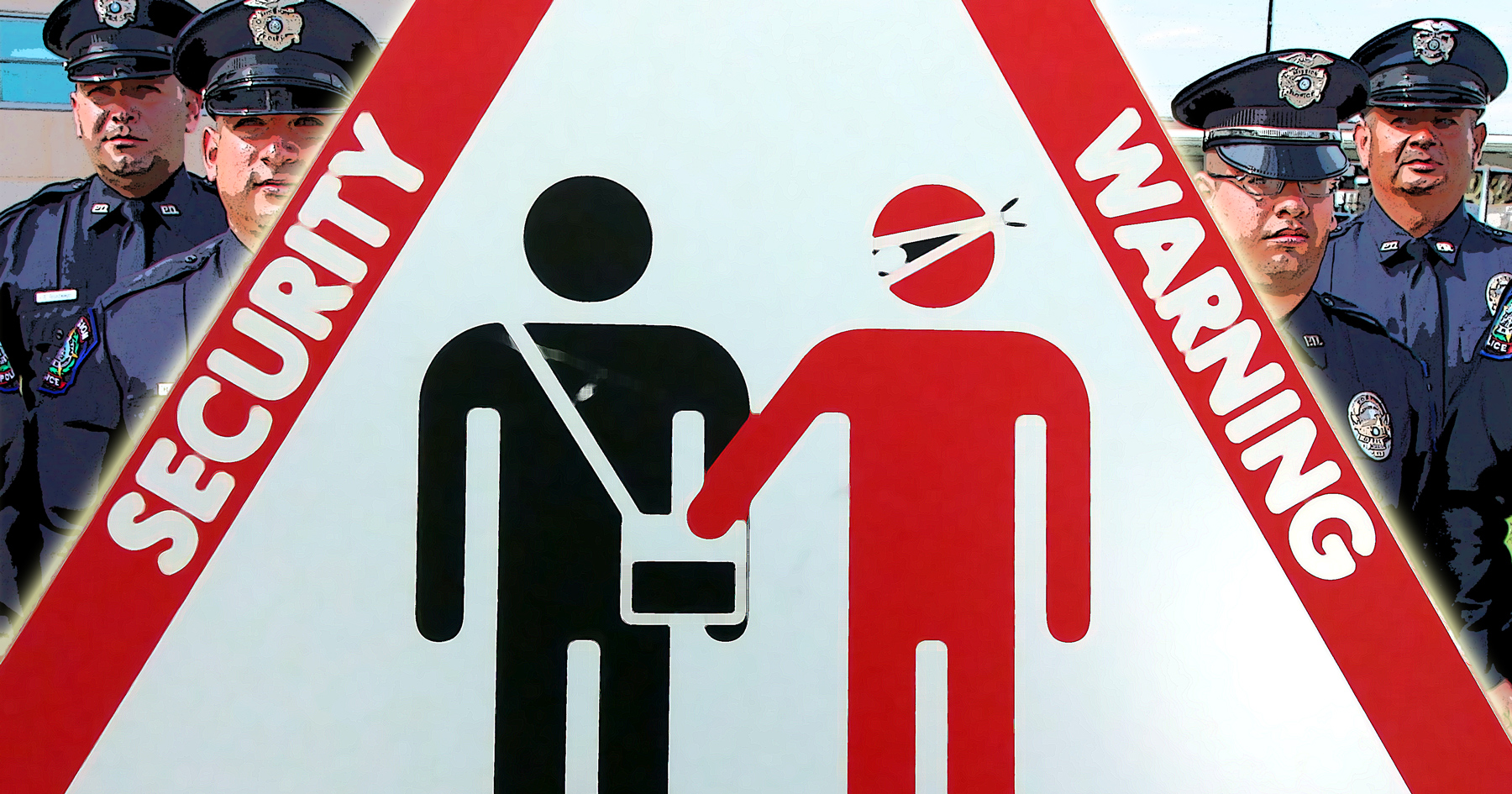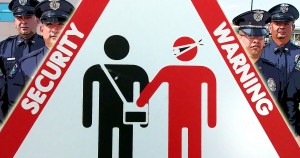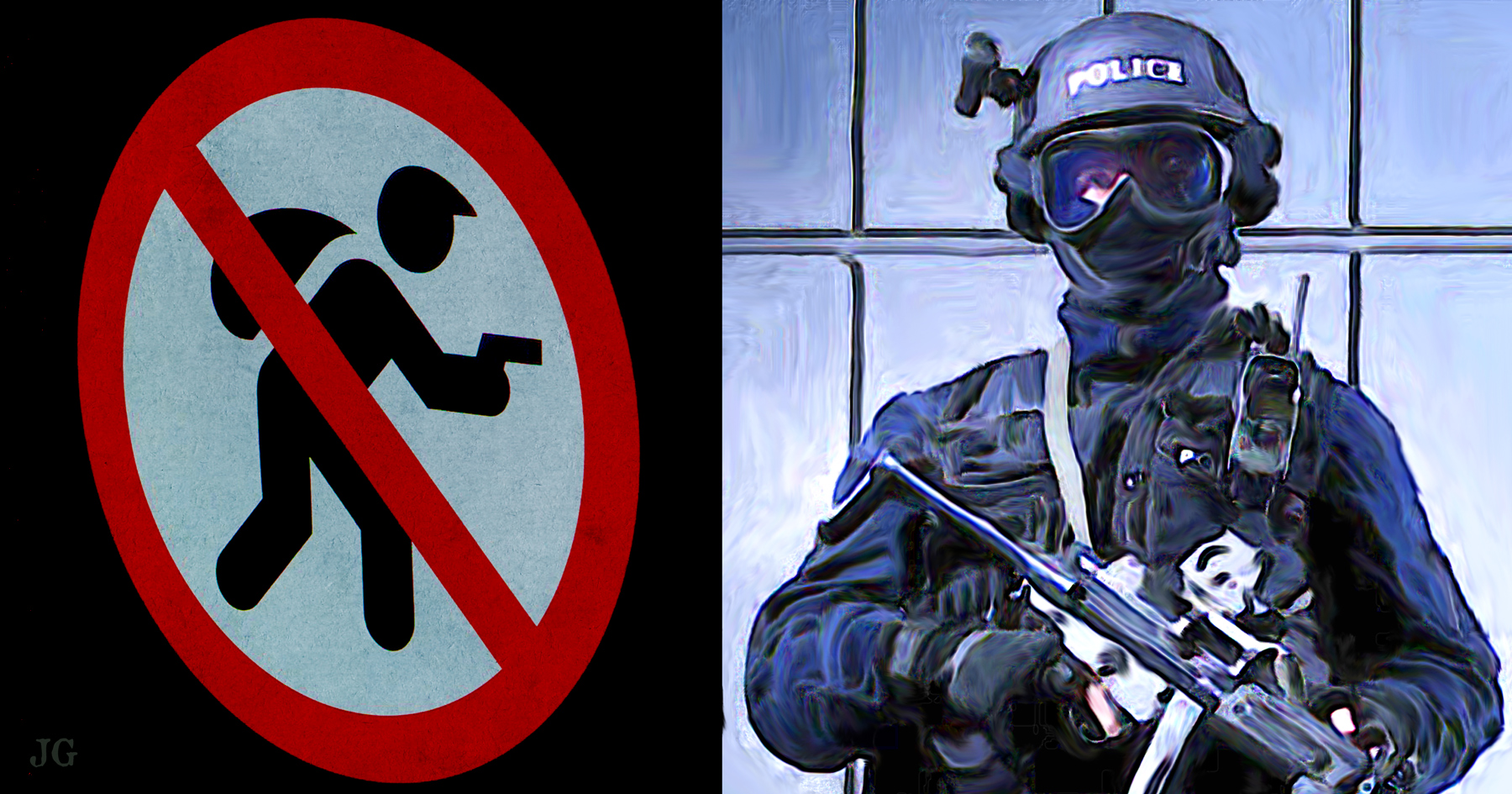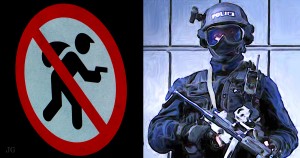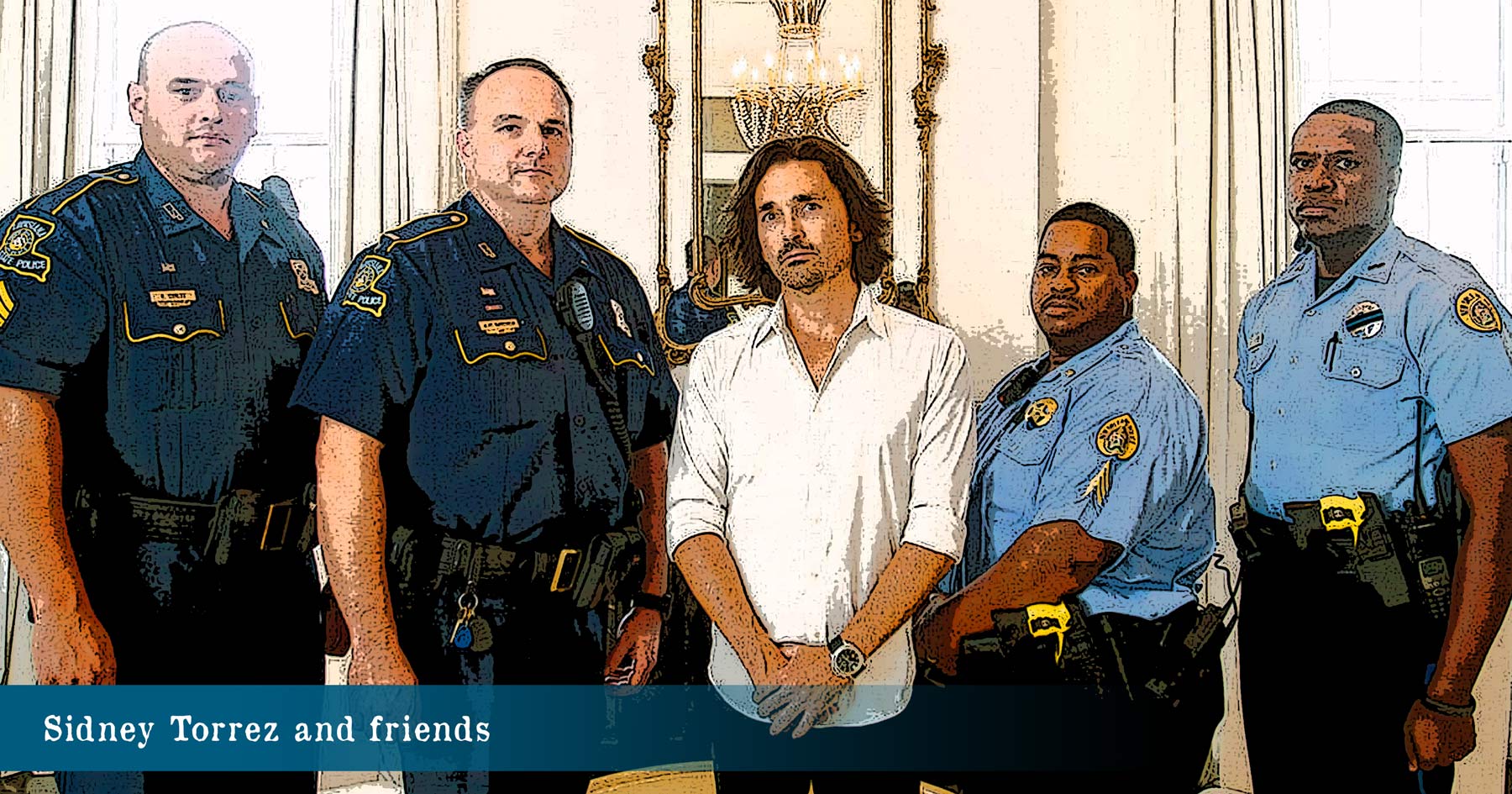Last week, the crooks in Washington proved themselves nice enough to let us know that their rip-off machine is back in action. The Obama Justice Department announced the resumption of the “equitable sharing” program, whereby the Feds sing Kumbaya with state and local police while sharing the loot they snatch from innocent folks through “civil asset forfeiture.”
Yes, there again is that strange three-word, legalistic, police-pocketing term: civil asset forfeiture.
Free country? Not so long as local police and federal government agencies seize people’s stuff without ever charging or convicting those people of a crime. Simply by claiming suspicion … about their stuff.
To get their money or property back, the victims must hire an attorney and sue the government. Guilty until proven innocent. Only those raking in the ill-gotten gains are shameless enough to defend this completely un-American practice.
Which more than doubled in use during President Obama’s first five years in office, according to The Washington Post. Today, police and various government agents actually take more value from innocent Americans through civil asset forfeiture than do burglars through burglary.
“As President Obama counts down the days of his last year in office,” the Cato Institute’s Adam Bates wrote back in January, “one positive step he could take for his legacy would be to halt the federal government’s use of civil asset forfeiture and make the suspension of the equitable sharing program permanent.”
Yet, despite Mr. Obama’s talk about criminal justice reform, and despite his ability to bring justice with a stroke of his pen (and actually within his constitutional authority), last week the Feds instead went back to business as usual, ripping people off.
This is Common Sense. I’m Paul Jacob.
Common Sense Needs Your Help!
Also, please consider showing your appreciation by dropping something in our tip jar (this link will take you to the Citizens in Charge donation page… and your contribution will go to the support of the Common Sense website). Maintaining this site takes time and money.
Your help in spreading the message of common sense and liberty is very much appreciated!
